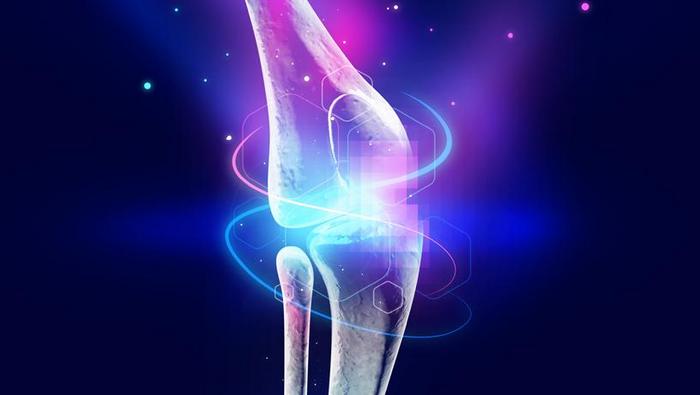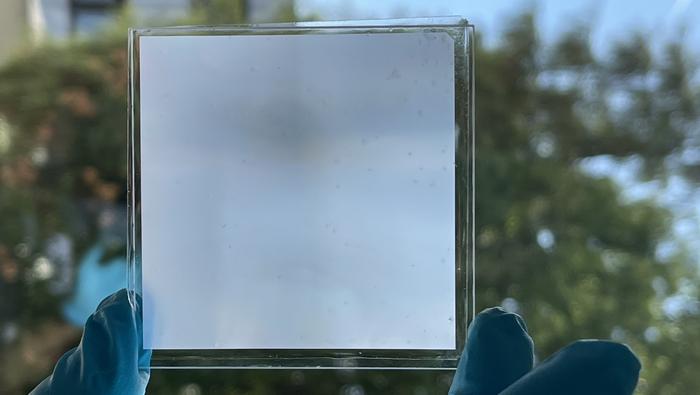Low oxygen and weight status trial seeking participants at Pennington Biomedical
Can reduced oxygen in the air lead to weight loss? That is what Pennington Biomedical researcher Dr. Claire Berryman is exploring in the “Low Oxygen and Weight Status,” or LOWS, study, which is currently recruiting participants. The study is open to adults between the ages of 22 and 65, and it lasts up to four […]

Can reduced oxygen in the air lead to weight loss? That is what Pennington Biomedical researcher Dr. Claire Berryman is exploring in the “Low Oxygen and Weight Status,” or LOWS, study, which is currently recruiting participants. The study is open to adults between the ages of 22 and 65, and it lasts up to four months.

Credit: PBRC
Can reduced oxygen in the air lead to weight loss? That is what Pennington Biomedical researcher Dr. Claire Berryman is exploring in the “Low Oxygen and Weight Status,” or LOWS, study, which is currently recruiting participants. The study is open to adults between the ages of 22 and 65, and it lasts up to four months.
The study starts with a two-week weight maintenance phase with all foods provided to study participants. Then, for eight weeks, participants will receive a weight loss diet and be asked to sleep in a tent placed over their beds. Participants will be randomly assigned to two groups – a group whose tents have normal oxygen levels or a group whose tents have a reduced oxygen level, similar to high altitude areas like Aspen, Colorado at 8,500 feet above sea level. Throughout the study, participants’ body weights and metabolic changes will be carefully monitored to understand how varying oxygen levels impact weight loss.
“Both groups can expect to lose weight, since everyone receives a calorie-restricted diet for eight weeks,” said Dr. Berryman, an associate professor of clinical sciences who runs the Nutritional Physiology Lab at Pennington Biomedical. “The study provides participants the unique opportunity to sleep with a specialized tent over their bed, which are the same types of tents used by elite athletes to simulate high-altitude conditions for performance benefits. We are exploring if lower oxygen levels in the air lead to increases in energy expenditure, decreases in appetite, greater body weight loss, and better insulin sensitivity.”
The study originated from Dr. Berryman’s previous research in which she investigated the health and performance of soldiers during training missions at high altitudes. Data from this research indicated that weight loss in this otherwise healthy population was greater at higher altitudes than it was under similar conditions at sea level. Such effects have the potential to negatively impact soldiers’ readiness and performance but may benefit those with excess body weight.
“While diet and exercise take center stage in the field of weight loss research, Dr. Berryman’s study explores additional factors that may be instrumental in the body’s calorie-burning potential,” said Dr. John Kirwan, Executive Director of Pennington Biomedical. “Pennington Biomedical is proud to have recruited some of the leading minds in biomedical research to our facility. Dr. Berryman’s inventive study is rooted in her prior experience and her commitment to discover new pathways to metabolic health.”
Dr. Berryman’s current study at Pennington Biomedical explores low oxygen as a potential tool for weight loss in adults with obesity. Participants will be compensated up to $2,000 for taking part in the trial. To learn more about the study and to sign up, visit www.pbrc.edu/lows.
About the Pennington Biomedical Research Center
The Pennington Biomedical Research Center is at the forefront of medical discovery as it relates to understanding the triggers of obesity, diabetes, cardiovascular disease, cancer and dementia. The Center conducts basic, clinical, and population research, and is a campus of the LSU System. The research enterprise at Pennington Biomedical includes over 530 employees within a network of 44 clinics and research laboratories, and 13 highly specialized core service facilities. Its scientists and physician/scientists are supported by research trainees, lab technicians, nurses, dietitians, and other support personnel. Pennington Biomedical is a state-of-the-art research facility on a 222-acre campus in Baton Rouge. For more information, see www.pbrc.edu.
What's Your Reaction?

































